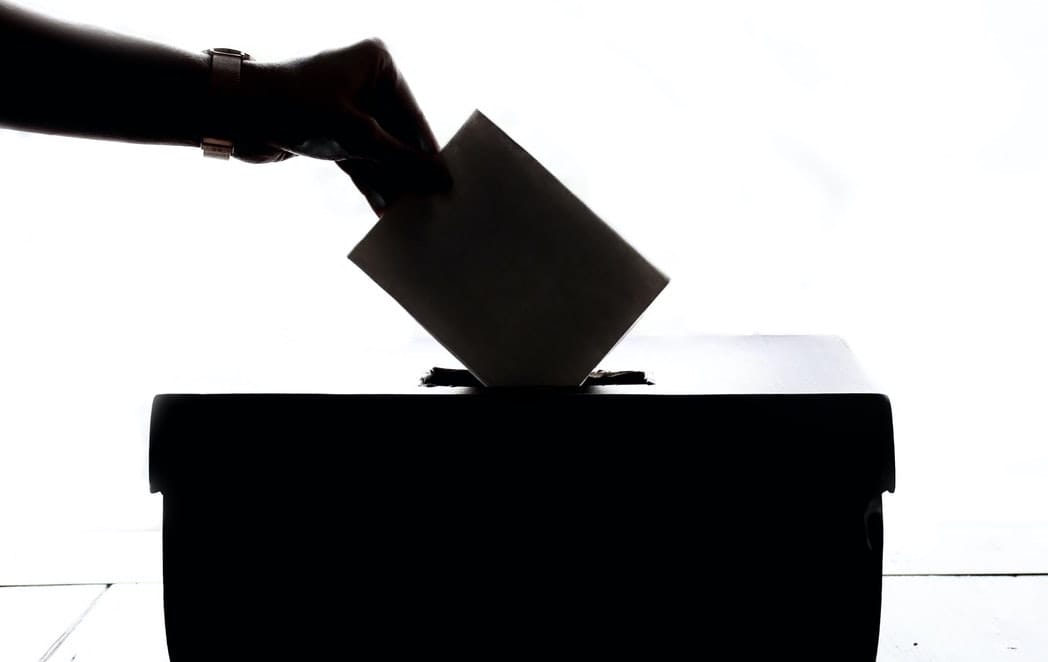It’s November 4th, Day 2 of election returns in the United States 2020 election, and as was expected and planned for, the outcome is not yet decided. All the votes are usually not counted election night, but in the past, reasonable projections could be made the night of. This year, due to safety concerns amid the COVID-19 pandemic leading to many more mail in ballots, it will take longer to process every vote and make projections or final calls–and that is a sign of the system working properly.
While it is still unclear exactly how long it is going to be, it could take a few days or a week for election officials to carry out their normal duties of counting votes. If the results are taken to the next step in the prescribed electoral process spelled out in US law, it could even take a month or more, as in the 2000 election, which was decided on Dec. 12th, a little more than a month after Election Day.
Nothing should stand in the way of counting every vote and delivering our democracy. Rampant misinformation about election processes threatens the integrity of our democratic institutions. Misinformation spreads more quickly than facts, so responsive messaging needs to be targeted and coordinated between election officials, public and private partners. At this stage, while the world watches and waits for election officials to do their part in making sure every vote is counted, stakeholders should focus on inoculating the public from misinformation before false beliefs take hold. We can apply proven behavioral principles to help the public navigate these unusual times and prepare for what’s to come throughout this process.
This includes not repeating falsehoods, focusing on the facts, and delivering accurate information at regular intervals, concisely and repeatedly. This is a time where stakeholders should be aiming for redundancy. In support of these efforts, ideas42’s civic engagement team will be working with several of our fellow nonpartisan partners throughout the coming hours and days to support combating misinformation and ensuring electoral integrity by providing clear, concise, behaviorally informed messaging in real time.
We also continue to provide accurate, trusted messages to the public and officials with a new resource: LiveElectionFactChecks.org.
A project of the National Vote at Home Institute and ideas42 in partnership with We Can Vote, the site provides clear, simple fact checks from industry experts, and cited to primary sources when possible.
While election officials are the best sources for results, state and local regulations, and ongoing events, combating misinformation requires each of us, as we may even be spreading it unintentionally. This may be Day 2 of many more to come, and ideas42 is committed to doing what it takes for the long haul to protect our democracy.



